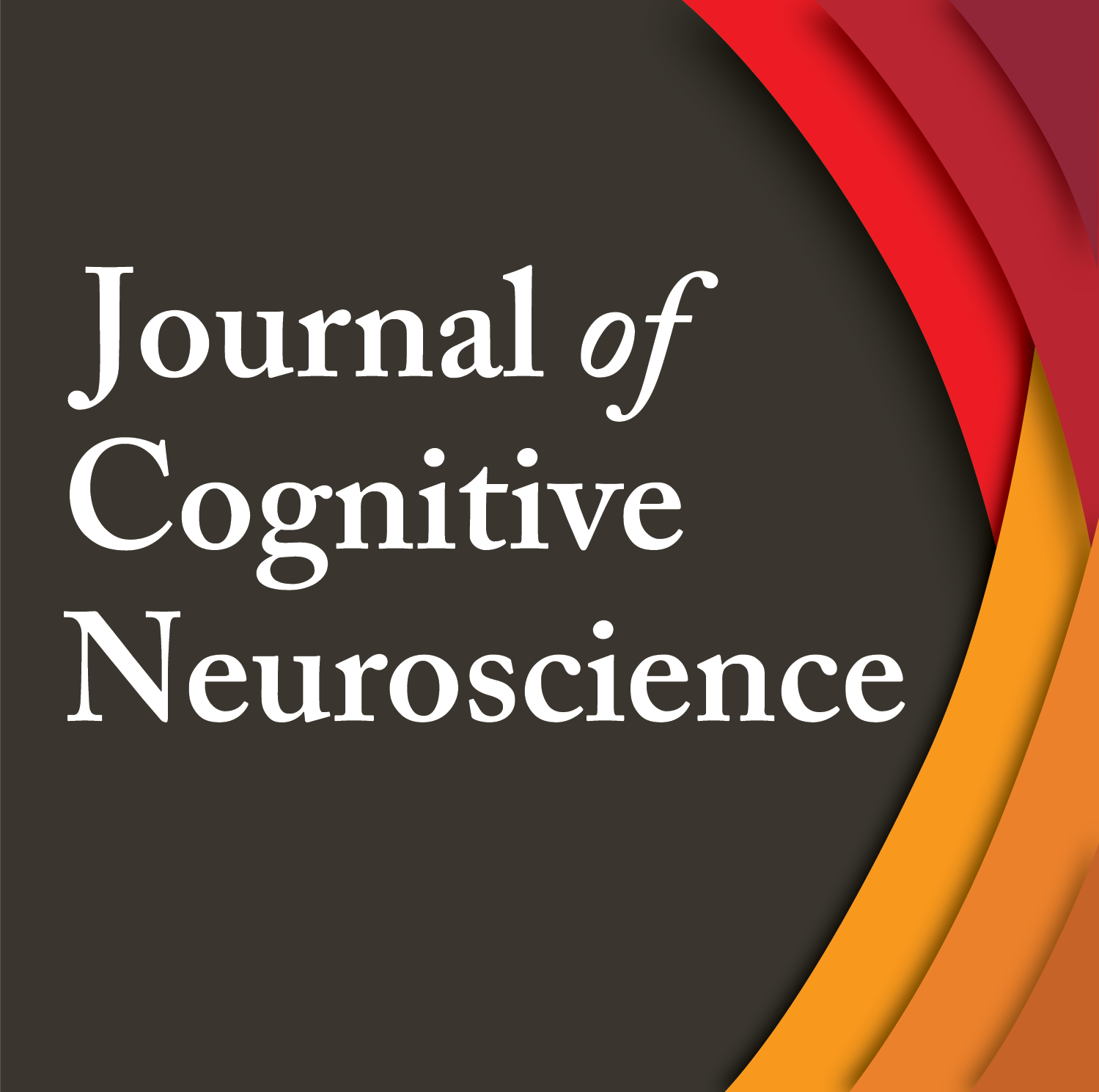Abstract
Although limited and reduced connected speech production is one, if not the most, prominent feature of aphasia, few studies have examined the properties of content words produced during discourse in aphasia, in comparison to the many investigations of single-word production. In this study, we used a distributional analysis approach to investigate the properties of content word production during discourse by 46 participants spanning a wide range of chronic poststroke aphasia and 20 neurotypical adults, using different stimuli that elicited three discourse genres (descriptive, narrative, and procedural). Initially, we inspected the discourse data with respect to the quantity of production, lexical–semantic diversity, and psycholinguistic features (frequency and imageability) of content words. Subsequently, we created a “lexical–semantic landscape,” which is sensitive to subtle changes and allowed us to evaluate the pattern of changes in discourse production across groups. Relative to neurotypical adults, all persons with aphasia (both fluent and nonfluent) showed significant reduction in the quantity and diversity of production, but the lexical–semantic complexity of word production directly mirrored neurotypical performance. Specifically, persons with aphasia produced the same rate of nouns/verbs, and their discourse samples covered the full range of word frequency and imageability, albeit with reduced word quantity. These findings provide novel evidence that, unlike in other disorders (e.g., semantic dementia), discourse production in poststroke aphasia has relatively preserved lexical–semantic complexity but demonstrates significantly compromised quantity of content word production. Voxel-wise lesion-symptom mapping using both univariate and multivariate approaches revealed left frontal regions particularly the pars opercularis, insular cortex, and central and frontal opercular cortices supporting word retrieval during connected speech, irrespective of their word class or lexical–semantic complexity.

